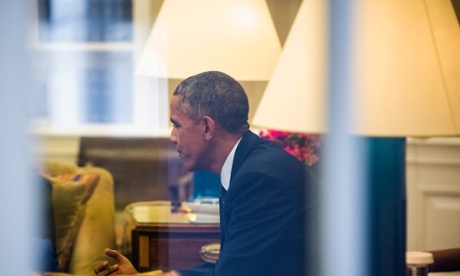The UK security minister James Brokenshire has said Britain is “more than 95%” sure that Russian state-sponsored hackers targeted UK, US and Canadian organisations involved in developing a coronavirus vaccine.
Brokenshire said the National Cyber Security Centre (NCSC) and its counterparts in the other countries were confident “Russian intelligence agencies” were responsible for the attacks on drug companies and research groups.
During an interview with BBC Radio 4’s Today programme, Brokenshire also said he supported the Conservative chief whip’s decision to expel the new chairman of parliament’s intelligence and security committee, Julian Lewis, from the party.
“The National Cyber Security Centre [NCSC] are 95%-plus satisfied, as are our US and Canadian counterparts,” he said. “We are very careful in terms of calling these things out, ensuring that we can have that confidence in attribution. We do believe that we have this here.
“I think the Russian government is being so hypocritical claiming to support responsible behaviour in cyberspace while secretly conducting cyber-attacks like this and others.”
The comments come after the NCSC said drug companies and research groups were being targeted by a group known as APT29, which it said was part of the Kremlin’s intelligence services.
Although Brokenshire would not say if any of the attacks had been successful in stealing medical information, he added that in some cases the group had accessed “IT systems and they’re scanning them for vulnerabilities”.
He added: “It’s just completely unacceptable when we have organisations that are working so incredibly hard in our Covid response in trying to find a vaccine that agents linked to the Russian state should have taken this action to try and steal intellectual property.”
Those working on developing a vaccine in the UK have now been advised to install two-factor authentication on computer systems, said Brokenshire. “By raising awareness [of the attacks] it is about putting people on notice to be on their guard, to have the highest level of protection that they can.”
Brokenshire also commented on the decision to expel Lewis from the parliamentary party on Thursday after he defeated Chris Grayling to lead parliament’s powerful intelligence and security committee.
Lewis, who had been a Tory MP since 1997, was accused of duplicitous behaviour after nine members of the MPs’ committee voted five to four in favour of him, over Grayling, who had been Boris Johnson’s pick for the role.
“Decisions in terms of how the committee has selected its chair – it is for the committee to make those decisions – but obviously party managers will make separate decisions around that,” said Brokenshire. “The chief has made the decision and I support the chief whip in his decision-making.”
On Thursday, the committee confirmed it would publish a long-awaited report into Russian interference in UK politics before the summer recess.
Asked if given the warnings the government had put out into the public domain about Russian interference it was a mistake to sit on the report for so long, Brokenshire said as the report was owned by the committee.
“Now that it has been reconstituted, obviously it is able to publish it,” he said. “We look forward to no doubt the investigations and inquiries that they will conduct, and indeed the publication of this report that relates back to the work of the previous committee.”











